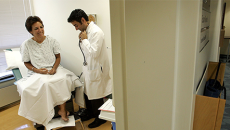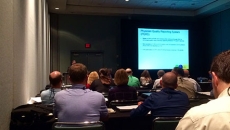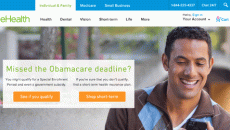Accounting & Financial Management
Beginning in 2018, companies that offer health insurance packages the government deems too generous will start having to pay a 40 percent tax on those packages. Despite the "Cadillac" tax, Towers Watson, a consulting firm, predicts that 48 percent of employers will have to pay the tax in its first year.
According to tax and advisory firm KPMG, 74 percent of healthcare providers say they are either in the beginning stages or have not even begun to invest is systems for analytics and financial reporting.
Yale created a process that linked financial and clinical data, giving physicians access to information they didn't have before.
The best method to attract and keep consumers is to build access to points of care throughout the organization, from a hospital's retail clinic to physician offices, primary care and medical specialists, experts at HFMA 2015 ANI say.
Speakers at the Healthcare Management Association 2015 Annual Institute warn providers to embrace models like capitation, accountable care and bundled payments.
Healthcare Finance staff Susan Morse, Richard Pizzi and Henry Powderly are reporting live from the Healthcare Financial Management Association's 2015 Annual National Institute in Orlando, Florida this week. Follow our live updates.
But spending on community programs still a small slice of the tax savings these health systems receive.
The company last year lost thousands of customers to the health law's online exchanges where consumers shop directly for plans and find out if they qualify for subsidies.
Expenses are climbing by 8 percent this year over last, from $416 billion in 2014 to $608 billion in 2015, according to a new report from Kalorama Information.
New Hampshire ACO's goal is to have capitation make up 70 percent of reimbursements, dropping fee-for-service from its current 50 percent to 30 percent.









